 Open water swimmers often discuss and debate what foods and drinks are best to use before, during and after training swims, races and solo swims. We came across an interesting research study - but perhaps irrelevant to swimmers - that demonstrated that elite distance runners from Kenya and Ethiopia are excel despite hydrating much less than their foreign competitors.
Open water swimmers often discuss and debate what foods and drinks are best to use before, during and after training swims, races and solo swims. We came across an interesting research study - but perhaps irrelevant to swimmers - that demonstrated that elite distance runners from Kenya and Ethiopia are excel despite hydrating much less than their foreign competitors.Researchers from the University of Glasgow in the UK and Addis Ababa University in Ethiopia studied the unique dietary intake of the international successful African distance runners.
In addition to their medal-winning performances at the Olympics since 1968, the Kenyans and Ethiopians have also dominated many major marathons around the world.
The purpose of the study was to assess the dietary intake of highly-trained runners, living and training at high altitude (7,874 feet or 2,400 meters) during a seven-day period of intense training prior to a major competition.
The athletes' body mass were well-maintained during the assessment period with a diet comprised of an average of 3,194 kcal and high in carbohydrates. Their diet consisted mainly of vegetables (approximately 88%) with the remaining percentage from meat sources.
Fluid intake comprised mainly of water (an average of 1,751 ml or 59 fluid ounces) while no fluids were consumed before or during training with only modest amounts following training.
So while the elite distance runners meet the recommended dietary recommendations for endurance athletes, they are still able to perform very well on the international level even without the recommended fluid intake.
From our perspective, the results of this study seem to tell us that either these runners still have much room for improvement, despite their current success, if they increase their fluid intake as recommended by nutritionists and physiologists - or their bodies have adapted well to the fluid intake they have been taking all their lives.
It is our hunch that it is a little bit of both.
Copyright © 2009 by World Open Water Swimming Association


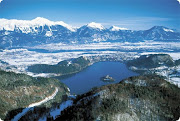
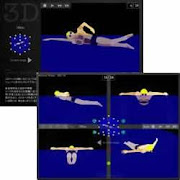
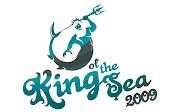


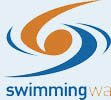
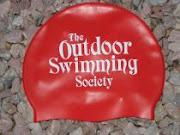

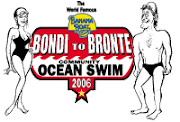


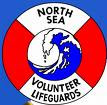
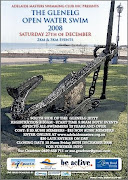





No comments:
Post a Comment